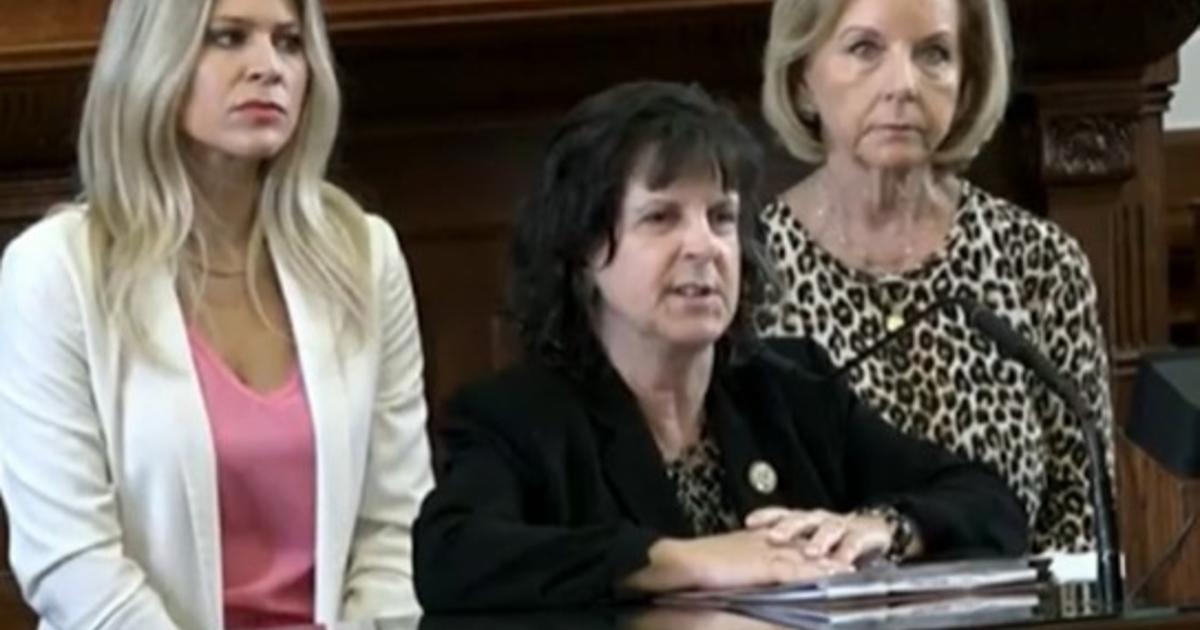
Texas House passes bill limiting public school athletes to teams that match their birth gender
CBSN
After more than ten hours of debate, the Texas House of Representatives passed a bill Thursday night requiring transgender public school athletes to compete on teams that match their birth gender, not the gender they identify with. The controversial bill, which passed with a 76-54 vote, now goes to the state Senate.
Introduced by Representative Valoree Swanson, the measure restricts the athletes to playing on teams that match the biological sex listed on an official birth certificate issued at or close to the time of the student's birth. A modified birth certificate would only be accepted if it had been changed "to correct a clerical error," the bill states.
Transgender male athletes would be allowed to play on male teams only if there are no other options available for the sport.
